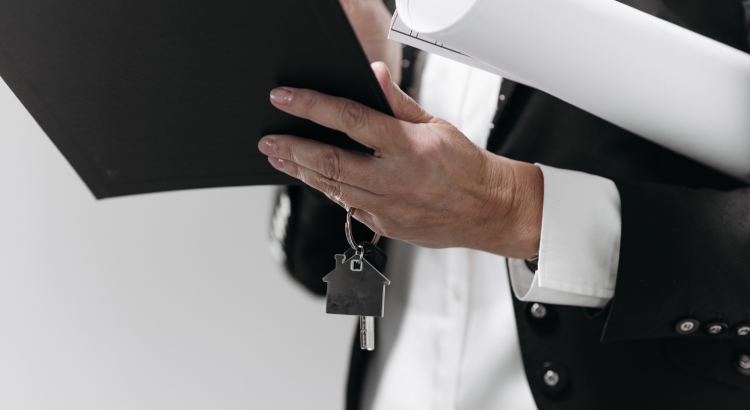FROM OUR PARTNERS

The dream is finally coming true! You’ve put in an offer on a home and it’s been accepted. Now what?
How long does it take to close on that home and what can you expect during the process? This process can be just as stressful for buyers that have purchased homes in the past. If this is your first time, we understand it can be even more nerve-wracking for you.
Let’s explain what you can expect to help ease your nerves and get you through the process. We also have a buyer checklist for closing on a house to help you prepare.
There are a couple of things people are wanting to know when they ask this question.
First, they want to know how long the process is going to take from the time their offer is accepted and they apply for a loan to when closing finally takes place.
This generally takes between 30 and 45 days.
What takes so long? Most of that time is spent waiting for the lender. The underwriter has to gather the borrower’s current financial information and process all the paperwork to generate the final approval on the loan.
The simple answer is yes. Underwriting sounds complicated but it’s basically a process to ensure you don’t close on a home with a mortgage you cannot afford.
Underwriters may check your credit history, order an appraisal on the property, verify your income, savings, debt-to-income ratio, and other financial information.
Once everything checks out, you will be approved for the loan and can move forward with closing on the house. If the underwriter determines you cannot afford the loan, your application will be denied and you will have to start over.
Do not try and submit fake payslips for mortgage applications. Some people will do this to get approved for a loan. However, underwriters are working to protect you as much as they are working to protect the lender. It also isn’t in your best interest to take out a loan that you cannot afford to make payments for later.
Aside from taking this risk, if the fake payslips are discovered, it’s highly likely your deal will not close. Submitting false information is also considered a federal offense.
» MORE: Find the best mortgage lenders
The second thing people want to know when they ask how long it takes to close on a home is how long the actual paperwork process takes on closing day.
This varies depending on the way the process is being handled. If all the parties are physically gathering together, it should take about an hour or so. However, you can also do mobile or online closings, which can be faster. You also have the option of mail closings which will obviously be much slower.
If you are meeting physically, closings are usually held in the title company’s, lender’s, or an attorney’s office. Parties present can include:
The process mainly consists of reading and signing papers to confirm the deal. You are spending a lot of money and binding yourself to an expensive debt, so make sure you understand the documentation you are signing off on. Do not hesitate to ask questions.
The paperwork you can expect to see will include:
What do you need to bring on closing day? Your favorite pen, for one, because you’re going to need it!
More vital items you should have on your buyer checklist for closing on a house include:
This brings to light an important question, what will you have to pay at closing? When you applied for your mortgage, you should have received a loan estimate detailing the costs you will be expected to pay. These fees will also appear on the closing disclosure that you should receive three days before closing.
These costs typically include:
This is why you should never put all your available funds toward the down payment. The closing costs you will have to pay can add up quickly. Expect to pay between 3% and 5% of the loan amount in closing costs.
As the big day approaches, keep this buyer checklist on hand to make sure you know what to expect. You can also discuss closing day with your real estate professional if you have questions about your specific situation.
Once all the paperwork has been reviewed and signed, you get the keys to your new home. Breathe a huge sigh of relief because the months of stressful homebuying are finally over!